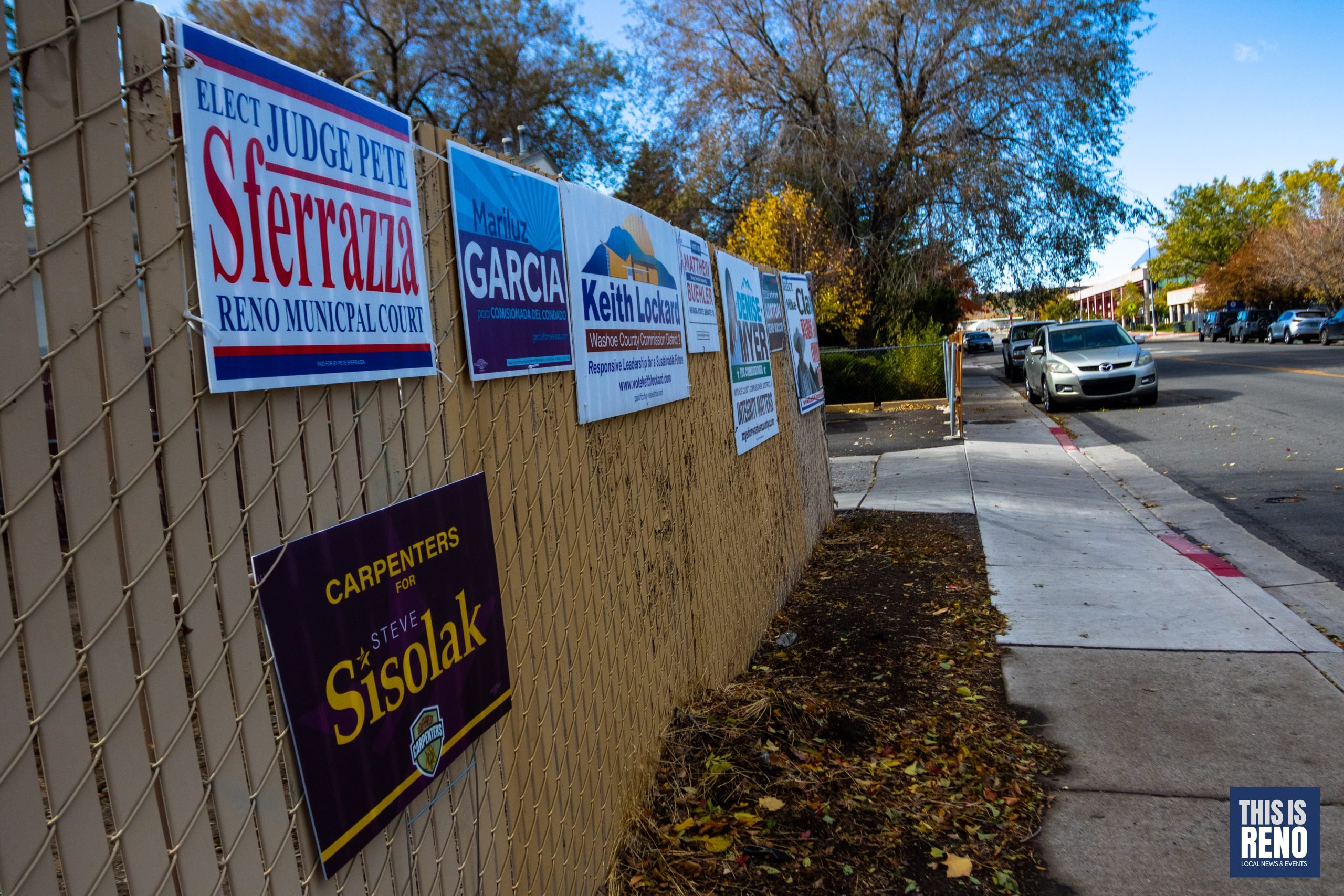The 2020 presidential election was more stressful than the onset of the COVID-19 pandemic, according to research findings from the University of Nevada, Reno.
Sankar Mukhopadhyay, professor and director of graduate studies in economics at UNR, found that in addition to higher self-reported levels of anxiety and depression as the election neared, people’s mental health-related visits to healthcare providers and prescriptions for mental health medications increased as well.
Those self-reported symptoms began to decrease immediately following the election.
“When people care about something they have little control over it can cause or exacerbate anxiety, depression and stress related symptoms.”
The data used in Mukhopadhyay’s report was gathered through the ongoing Household Pulse Survey conducted weekly from April through July 2020 then biweekly until December 2021.
“Elections are becoming more stressful all the time for the entire population,” Mukhopadhyay said. “It is both a public health issue and an economic one.”
Mukhopadhyay’s research findings aren’t isolated. In the months before the 2020 election the American Psychological Association said that year’s election was more stressful for Americans than the 2016 election. At that time, more than two-thirds of U.S. adults said the 2020 election was a source of significant stress, up from just over 50% in 2016.
Party affiliation wasn’t necessarily associated with significant differences in stress levels either.
Arthur Evans, APA’s chief executive, said increasing division and hostility during the 2020 election was one source of the increased stress. “Add to that racial turmoil in our cities, the unsteady economy and climate change that has fueled widespread wildfires and other natural disasters. The result is an accumulation of stressors that are taking a physical and emotional toll on Americans,” he said.
While data has yet to be analyzed on how stress, depression and anxiety levels have been affected by this year’s election, news reports and articles from across the internet suggest 2022 is not too different from 2020.

Cashmier Broten, a co-founder at Reno Counseling Collective, agreed that election time can be very stressful.
“When people care about something they have little control over it can cause or exacerbate anxiety, depression and stress related symptoms. Since the 2020 elections it has appeared that politics have become quite polarized making it difficult for people to talk to one another about it,” she said. “This decreases support for those that need an outlet to help them process or relieve some of the stress that they feel.”
Broten said one way to manage the stress is to participate – by volunteering or voting – if elections are important to you. “This way we can exercise the control we do have to influence change and take part in something we believe in,” she added.
Disconnecting from the news and politics is another option.
“Engage in activities that have nothing to do with politics that you enjoy,” Broten said. “Put your phone away and focus on something that you can control that is important to you.”
If those methods aren’t enough and the election and politics continue to have a negative impact on daily life, Broten said reaching out to a professional counselor or therapist is always an option. They can serve as a neutral party to help learn and build healthy coping habits to reduce stress, anxiety and depression.
Mukhopadhyay’s findings will be published in the December issue of Economics and Human Biology.

